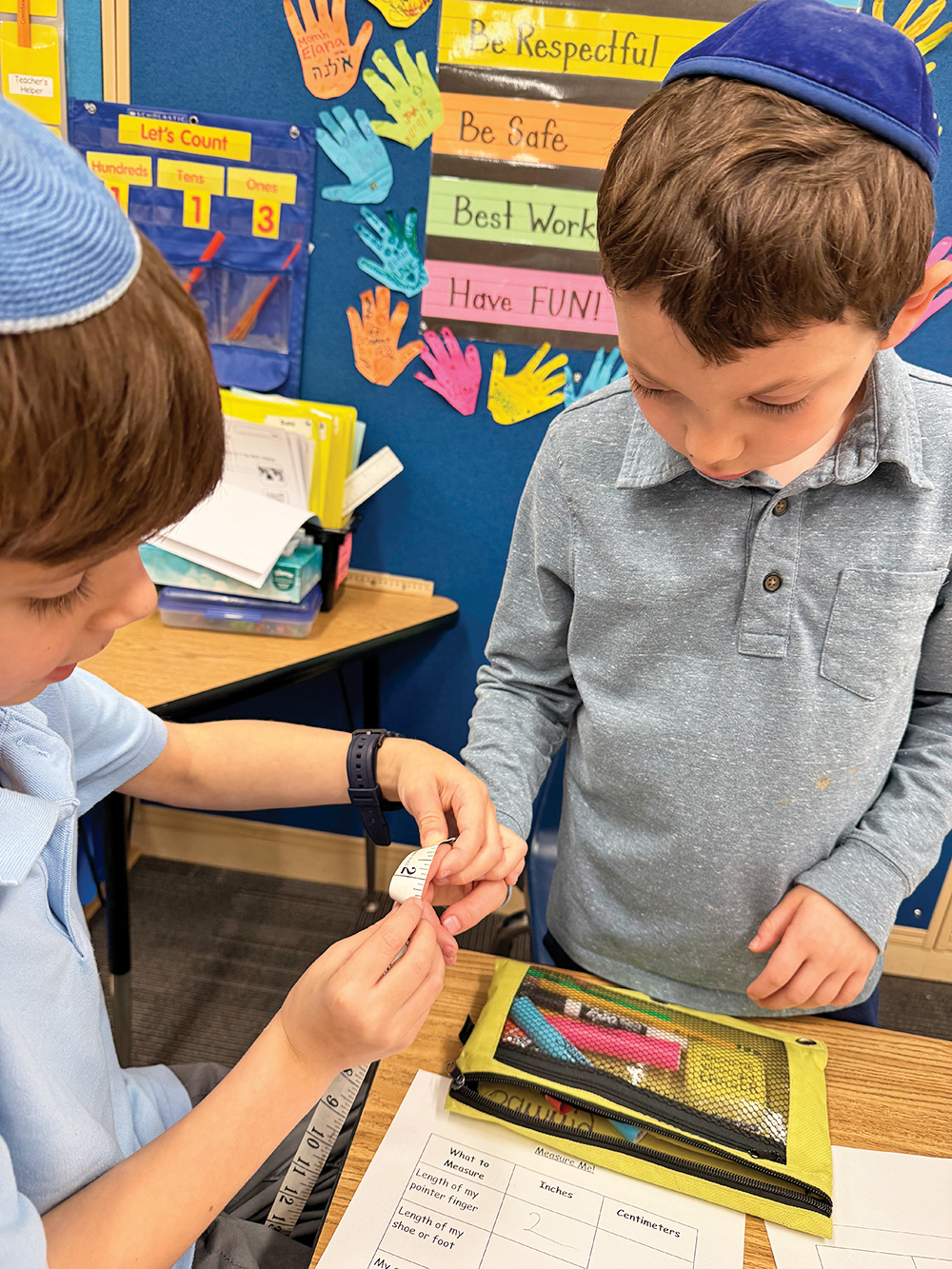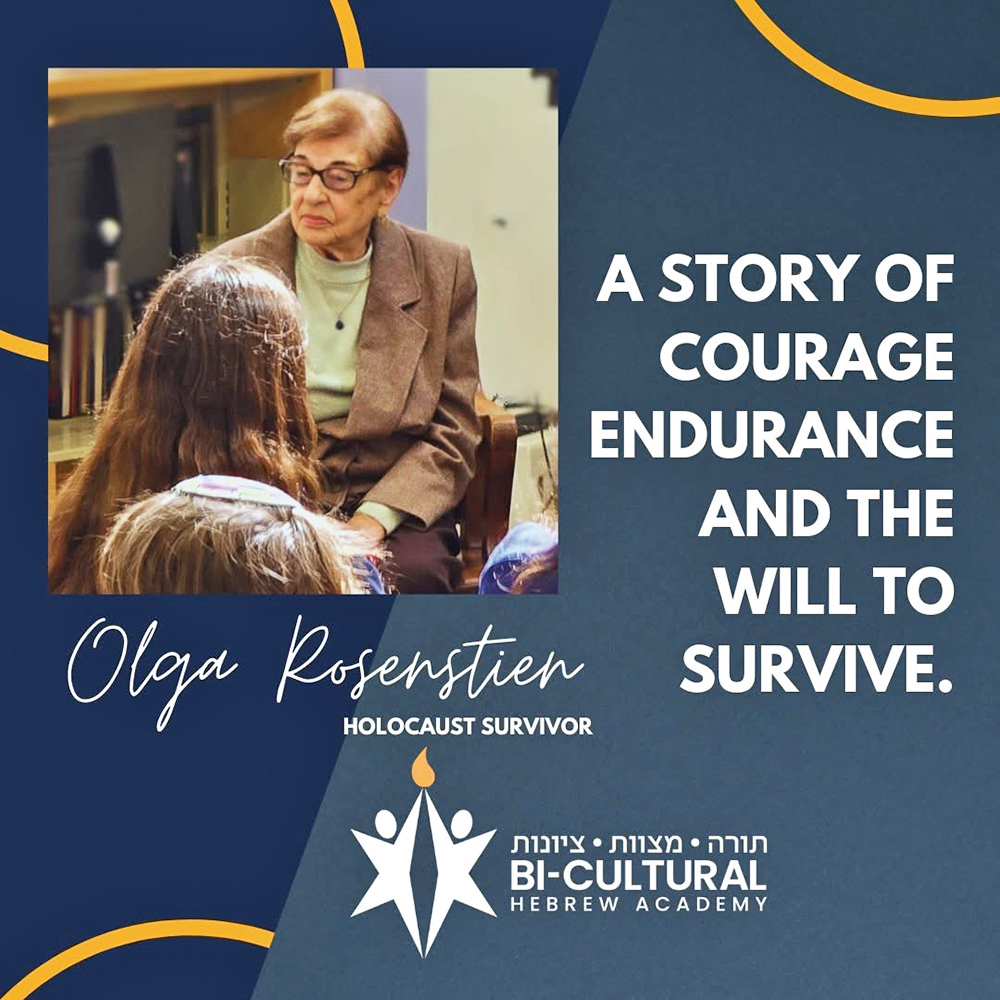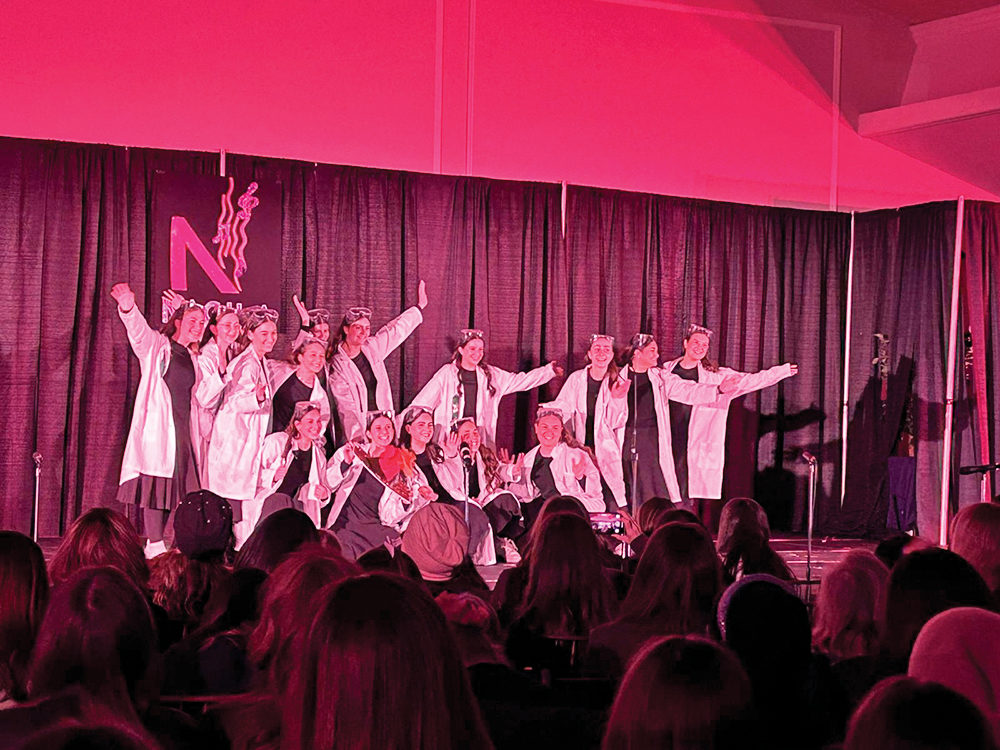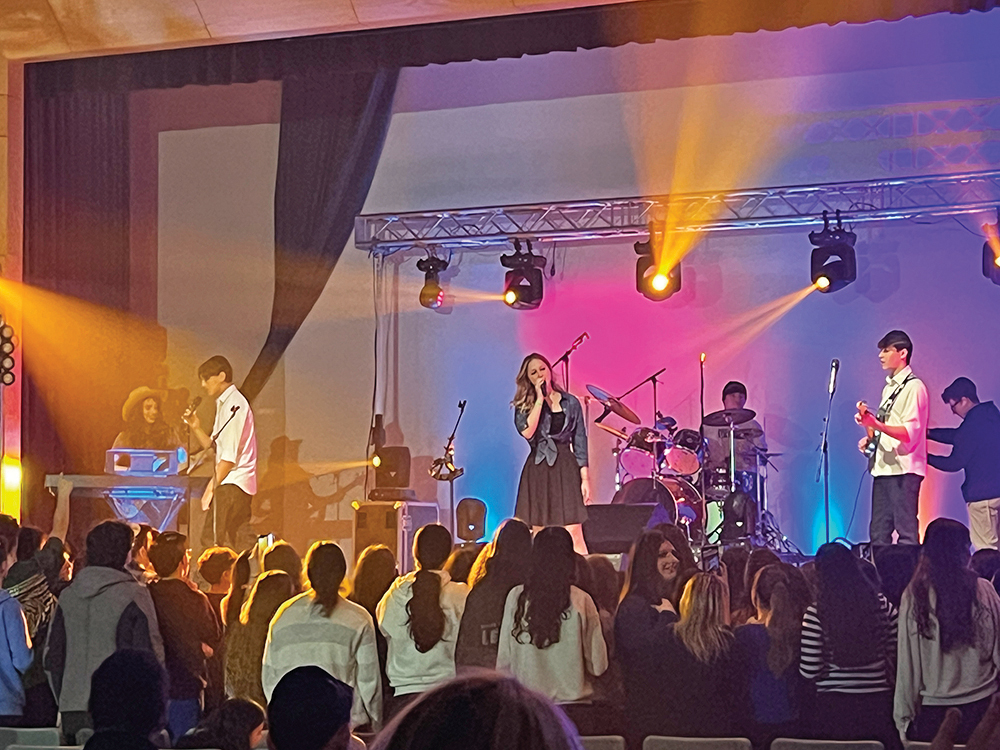The charge of every navi is to bring Hashem’s word to the people. More often than not, the message to be delivered is one meant to urge the nation to improve their ways and return to the moral standards demanded of them. It is understandable, therefore, that so many of our Haftarot are filled with harsh words and severe admonitions aimed at a sinful generation, in the hope that the raw descriptions of their sins and the dire predictions of their fate would move them to repent. But few prophecies can match the passion and conviction found in the words of the navi Amos that we read this week.
Amos is described as a simple herder who was chosen by God to serve Him and the people. As such, he understood well the suffering of the common man and the poor who were oppressed by the heavy hand of the wealthy and the nobility. This might be why he was chosen to deliver God’s message to the sinful Northern Kingdom of Israel even though he himself may have been from the Southern Kingdom of Yehuda (although Tekoa is mentioned in Divrei HaYamim as a Judean city, the Radak claims that it was found in the north, as part of the tribe of Asher). This also might be why, at the end of this selection, he seems to be explaining to the people why he, a simple herdsman, is suddenly condemning and criticizing them. His final words in the haftarah answers their question: “Hashem E’lokim diber-mi lo yinaveh? If Hashem speaks, who can help but prophesy?”
In this Haftarah, as well as throughout his book, Amos focuses on the ill-treatment of the less fortunate and less privileged. In doing so, he condemns Israel “al michram bakesef tzaddik,” for “selling” the innocent (the word “tzaddik” is commonly used as meaning “innocent” not only “righteous”), which is a clear criticism of those who bribe judges to convict the innocent. Nonetheless, our Chachamim see in these words a not-so-subtle reference to the sale of Yosef by his brothers found in this parasha, especially as Chazal refer to Yosef as a “tzaddik.”
Although the Haftarah is replete with the description of Israel’s many sins, I find most illuminating the powerful words of Amos: “Rak etchem yada’ti mikol mishpichot ha’adama, I have ‘endeared’ Myself to you alone—above all other families,” “al ken efkod Aleichem et kol avonoteichem, and, therefore, I will hold you accountable for your sins.” Our close relationship with Hashem was never meant to grant us a “free pass” in this world but rather to obligate us more than others and require us to live up to His expectations.
The fact that those chosen to serve the Eternal One, or those given the privilege to lead His chosen nation, must also shoulder greater responsibilities is clearly shown in the special laws that the Torah imposes upon the Kohanim and the Melech. Israel, as a Mamlechet Kohanim—a nation meant to be attendants of God—is, likewise, expected to shoulder additional mitzvot.
Our unique stature as a chosen nation does not bestow upon us the advantage of having our misdeeds ignored. Quite the opposite, Hashem expects us to recognize the miraculous history through which He has guided us and the remarkable opportunities He has placed before us, so that we respond by living up to His expectations and warrant His endless blessings. It is true that we were chosen to be God’s “attendants,” but, consequently, we must also safeguard our status as a “goy kadosh, holy nation.”
Rabbi Neil Winkler is the rabbi emeritus of the Young Israel of Fort Lee, and now lives in Israel.













